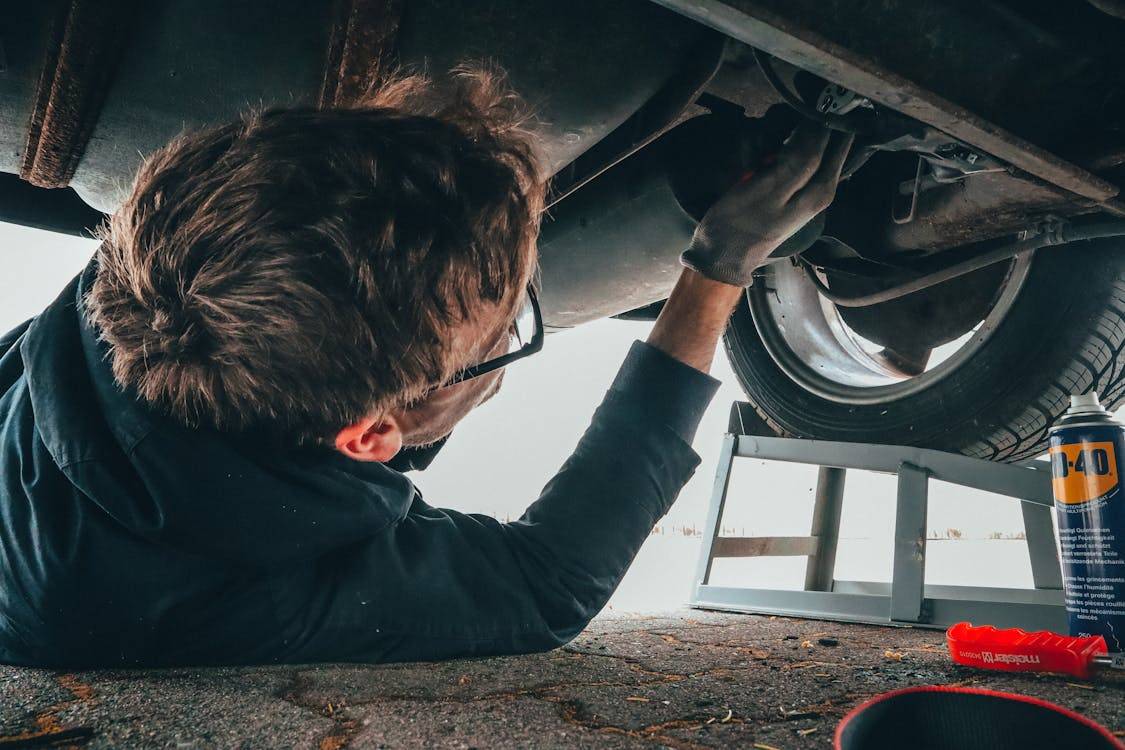
Stress Relief for Medical Students: Can Learning Automotive Skills Help?
Medical students face high-stress environments where quick thinking matters. But even for students who thrive on intensity, finding other hobbies can be a necessary and healthy priority. Without a few outlets beyond their educational work, medical students can succumb to ongoing stress and even face burnout. And although exercises and mindfulness practices are common choices for diversions from medical stress, there is another choice that can be just as helpful, especially for students who enjoy hands-on activities.
Automotive repair work may not be the obvious choice for medical students, but it can be an effective one. Read on to discover the benefits of learning automotive skills for medical students seeking stress relief!
The Benefits of Destressing
In medical school, students must balance demanding coursework with high expectations for good grades. Further, students must do in-person rotations where they meet with patients and have to think on their feet. Without much time to decompress, students can lose stamina and suffer cognitive fatigue. But in critical areas like medicine, students need fresh and alert minds to help make potentially life-saving decisions as future doctors.
That’s why it’s so important for medical students to pursue hands-on hobbies that can recharge their minds while also providing a necessary break. Creative activities, like music or painting, or physical activities, like going for a jog, can be effective solutions. But so can less conventional options, like automotive repair.
How Automotive Skills Can Help
Working under the hood of a car might not seem like the most logical way to destress after a long day of rotations. For medical students seeking activities high on cognitive and physical engagement, however, honing their automotive skills makes a lot of sense. And even for medical students without lots of direct experience, it’s possible to learn automotive skills well thanks to trade programs like those at the Arizona Automotive Institute.
Trying to determine why an engine won’t work or sourcing the sound of an unpleasant noise, for instance, requires a similar skillset to what one would use to diagnose a patient. Plus, working on a car means gaining an active, hands-on role in making the diagnosis, which can be invigorating for medical students. Additionally, learning automotive skills offers the immediate satisfaction of solving a problem.
While learning course materials, memorizing charts, or working on developing a new medication can take months or years, fixing brakes or repairing a leak in a car can happen quickly. For medical students, this sense of gratification can be a welcome change from their daily obligations. Students can disconnect from their daily routines and even turn automotive work into a social opportunity, bonding with friends who have shared interests.
Why Automotive Knowledge Matters
While destressing is a key benefit of doing automotive work, there are other reasons to build knowledge in this area. Students in healthcare can learn practical skills that will help them maintain their vehicles. Medical students rely on their cars to transport them to courses and clinics that may be on opposite sides of town. Consequently, a reliable vehicle is a necessity.
The usefulness doesn’t end there, either. Students won’t always have the time to wait around at a repair shop when they’re logging long hours at a hospital. Knowing how to tackle repairs at home can save time and money for cash-strapped students. And these skills can dovetail with the hands-on work they’re doing in clinical settings. In fact, some medical students may even choose to pivot to a career in biomechanics, making automotive work a natural pairing with the work they’re doing in hospital settings.
Finding the Best Stress Relief
Medical students face relentless schedules and ongoing pressure to be at the top of their game. Finding stress-relief activities needs to be a priority to maintain sound mental health and focus. Yes, traditional approaches to stress relief like artistic pursuits or physical outlets can work well. But turning to automotive repair can give medical students the unique blend of hands-on experience, mental stimulation, and social bonding that they need to be successful.
In the process, students learn practical skills that can help them keep their own vehicles operating while building confidence. Students can take a break from their studies and learn something useful at the same time!

Comments (0)